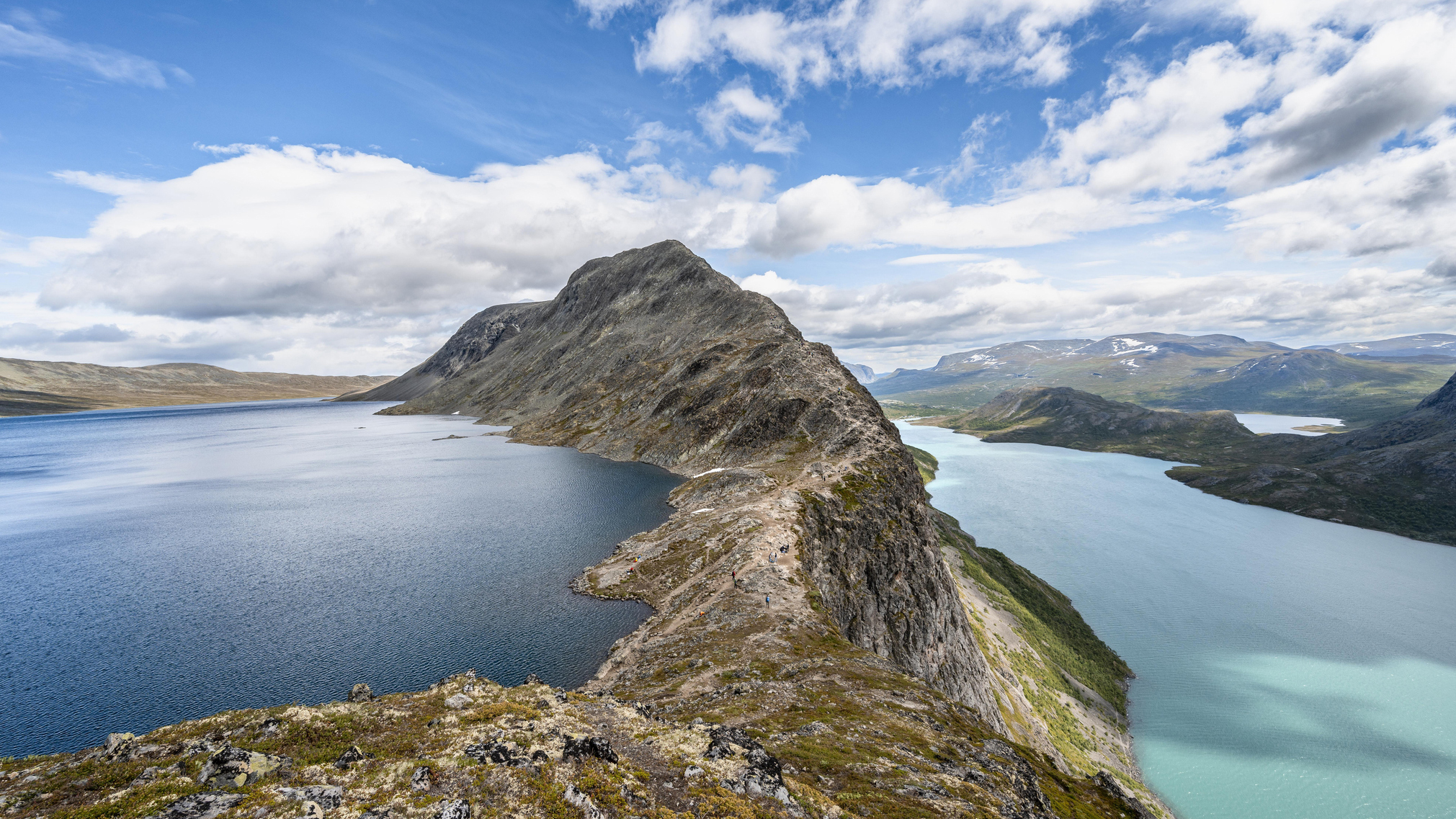What is the right to roam?
We explain what right to roam covers as well as what it doesn’t, which countries have right to roam policies and the benefits of freedom to roam
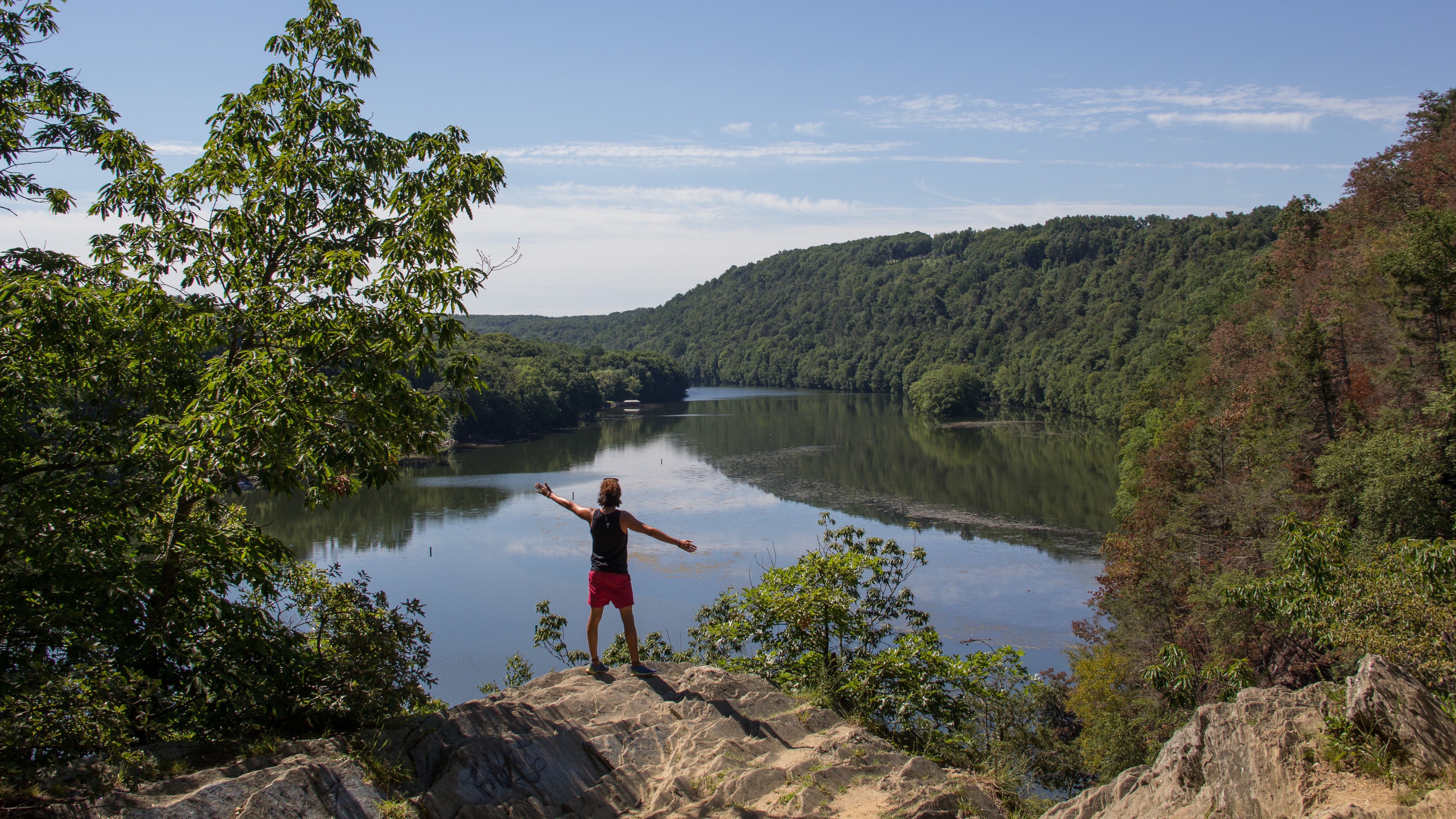
Right to roam. It’s a phrase you see everywhere these days, emblazoned on T-shirts at the crag and painted on reclaimed pieces of driftwood hanging at your local coffee shop. The wording is evocative of adventures in hiking boots and sepia-toned untouched wilderness scenes – but what actually is it? And where can you find it? In this article, we explain what right to roam covers as well as what it doesn’t, which countries have right to roam policies, and the benefits of freedom to roam.
What is the right to roam?
The right to roam is also called ‘freedom to roam’ and ‘everyman’s right’ and it refers to public access to both public and private land for recreational purposes such as hiking and camping. It may also extend to fishing and foraging, but it doesn’t typically include hunting and logging.
In countries that have right to roam legislation, people enjoy broad access to the outdoors, whether or not the land they’re exploring is privately owned. However, that access comes interwoven with the principles of Leave No Trace and your visit to the outdoors inherently involves taking responsibility for leaving the land as you found it and avoiding activities and behaviors that damage the land or disturb the wildlife. Right to roam usually refers to activities that you do on foot or on the water, but tends not to extend to the use of motorized vehicles.
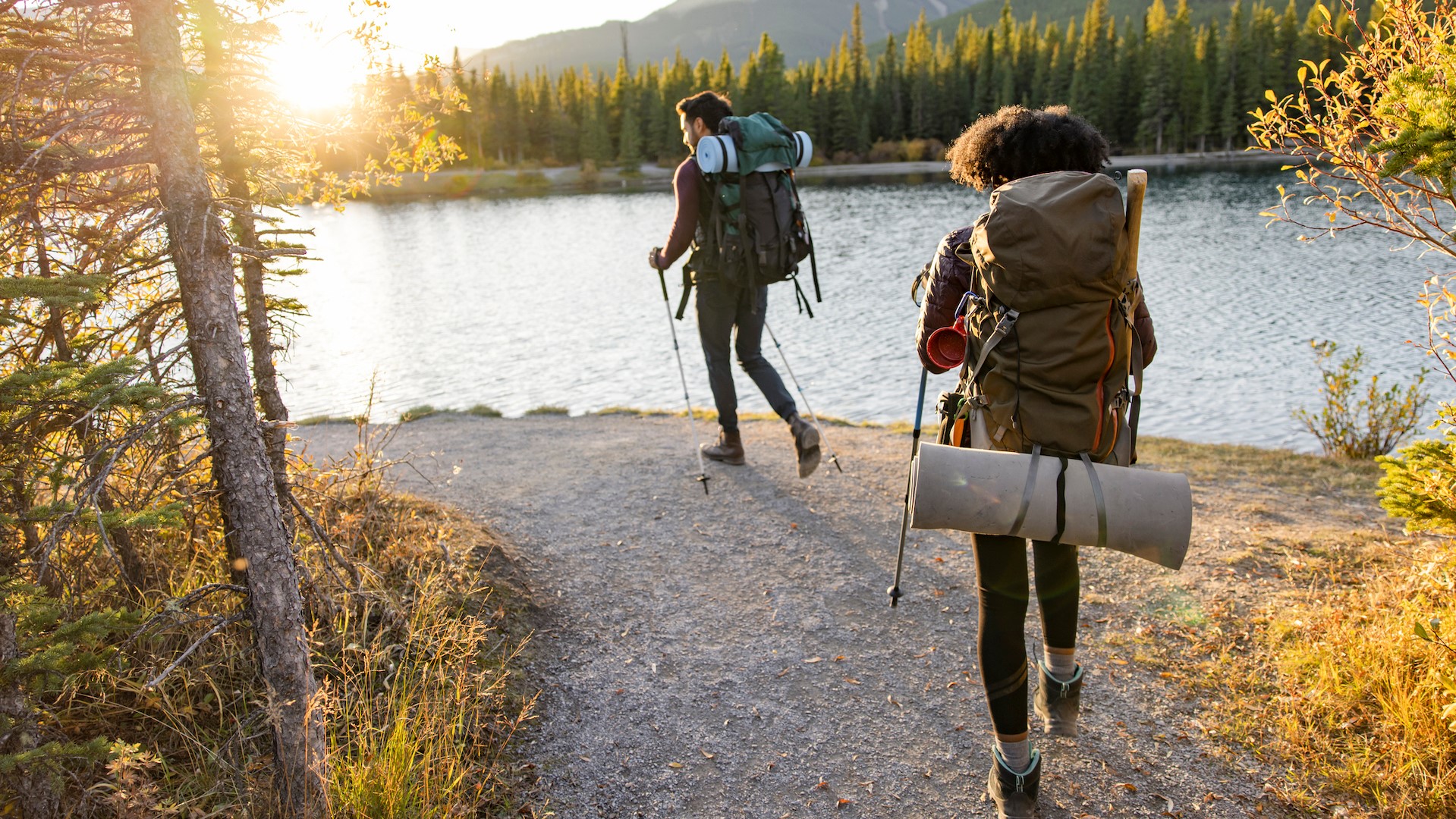
What countries have the right to roam?
Conveniently for those of us who love hiking and camping, the right to roam is common to some of the most beautiful countries in the world and is largely concentrated around northern Europe. You’ll find the freedom to roam in the following countries, and in some of them it is even written into the country’s laws:
- Scotland
- Iceland
- Finland
- Norway
- Sweden
- Estonia
- Latvia
- Lithuania
- Belarus
- Austria
- The Czech Republic
- Switzerland
Not surprisingly, many of these countries are also among the best countries for wild camping and support your right to sleep outdoors as well as play by day. In some countries that don’t have the right to roam, such as France, Spain and England, you should avoid hiking or pitching a tent just anywhere, but you will find there is an extensive network of public footpaths that allows you to travel the countryside on foot.
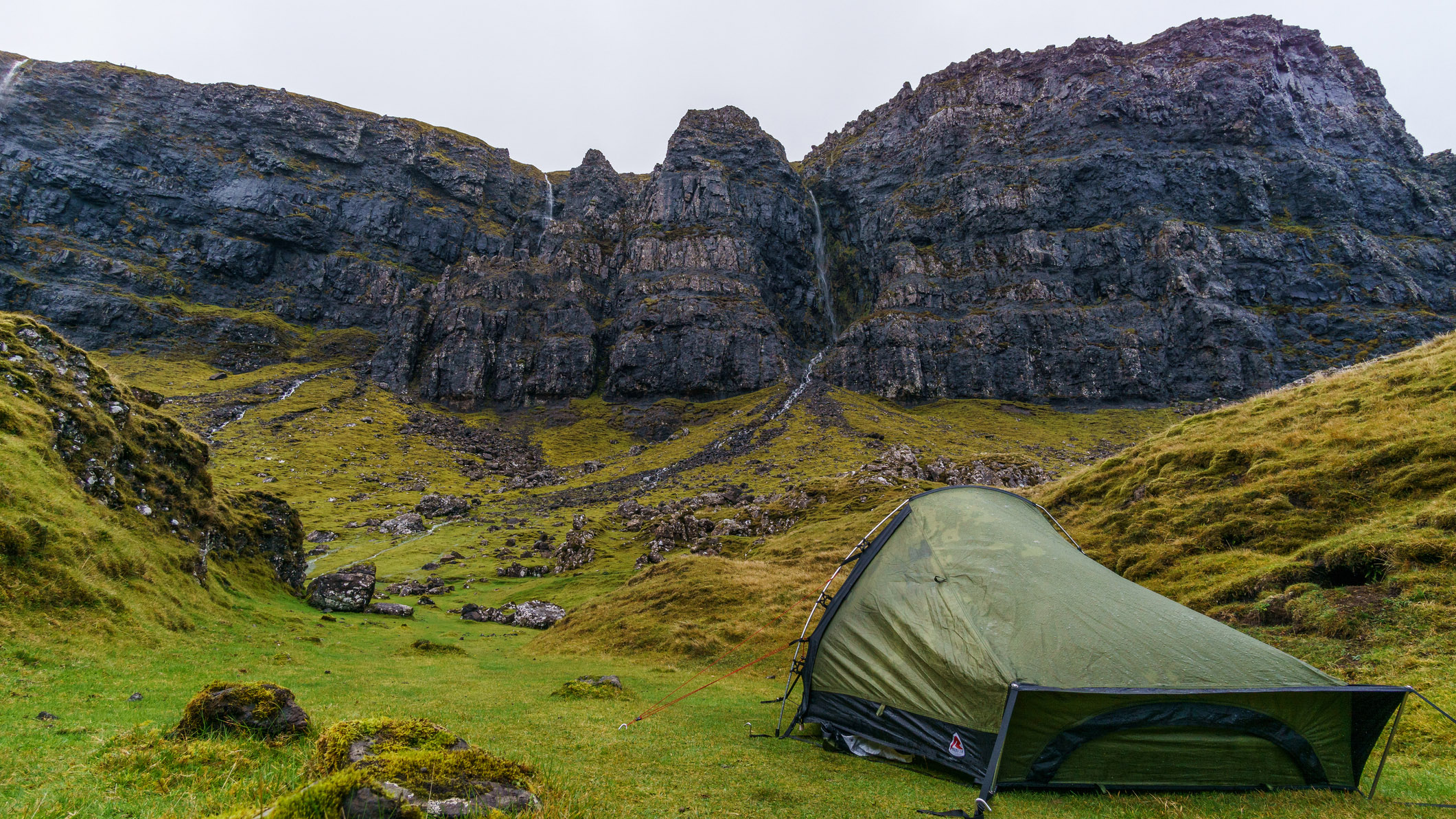
What is the law on right to roam?
Needless to say, when we’re talking about laws, the specifics will vary from country to country, so if you’re traveling, you’ll want to refer to the laws of the country you’re in. Typically, however, right to roam spells out broad access to land and inland water for recreational purposes, but tends to exclude areas where crops are growing and private gardens, so don’t pitch your tent in someone’s backyard. In some countries, such as Sweden, the laws specifically allow for foraging and encourage the public to enjoy local berries and go mushroom hunting.
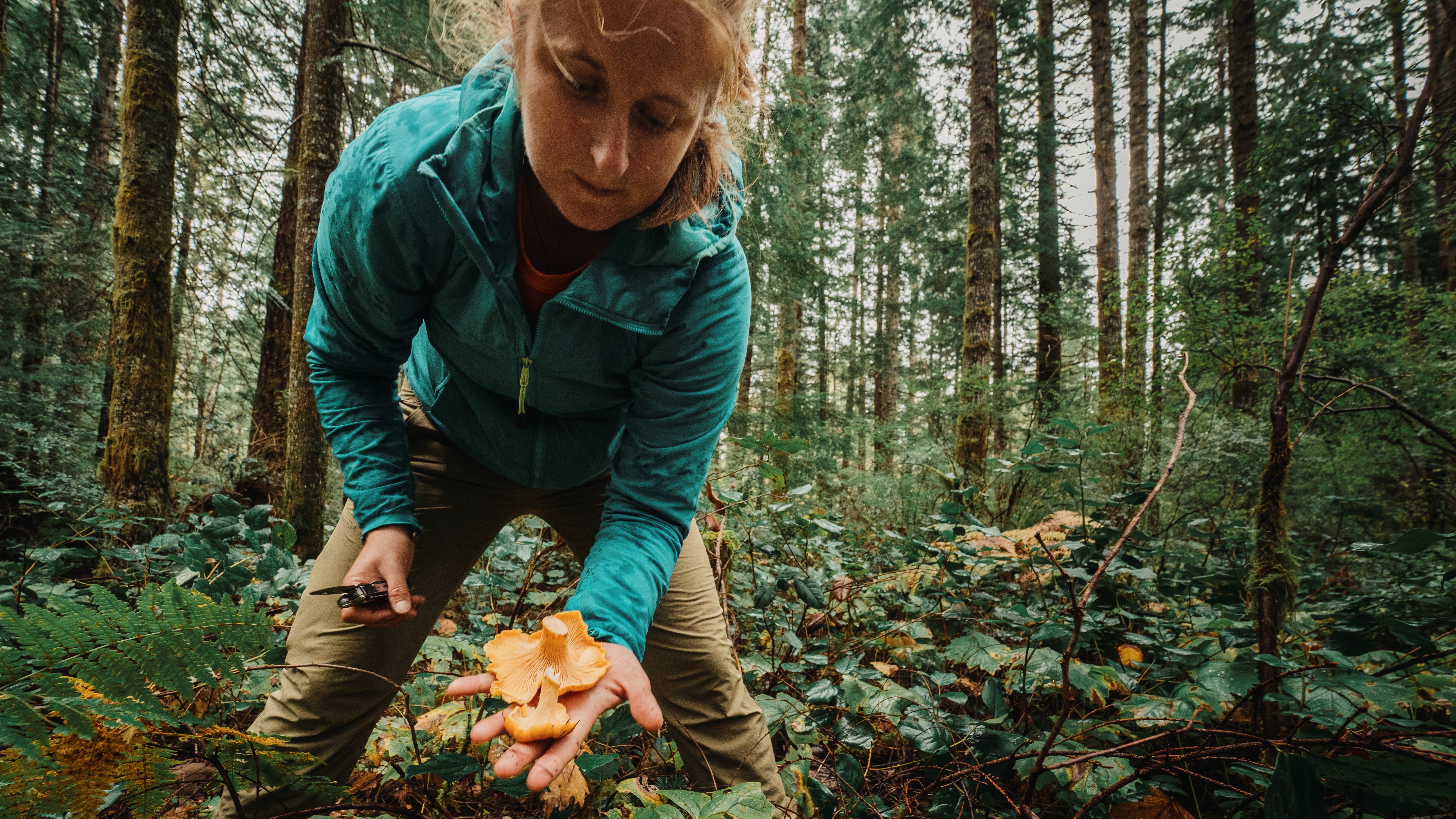
What are the benefits of right to roam?
It’s no secret that access to wild spaces is crucial for both our physical and mental health. So much so, in fact, that doctors in some countries are now prescribing nature walks in place of pills and exercising outdoors instead of in a gym has been assigned a special term – green exercise – in honor of its association with mental as well as physical health.
Advnture Newsletter
All the latest inspiration, tips and guides to help you plan your next Advnture!
Spending time outdoors is arguably already limited to those who have access, which often means people who own a car, can afford good gear like sleeping bags and crampons, and have the training to know how to use them. Restricting access to natural areas not only criminalizes the activities that we love, but it further limits access to land owners, and those who can afford special permits and travel.
Keeping nature free to all removes a major barrier to accessing the benefits of nature and allows everyone the opportunity to recover from the hectic pace of modern life, reconnect to the mountains, rivers and beaches and discover the joys of watching wildlife in its natural habitat. If you are in a country with right to roam, we highly recommend getting out there and doing just that.
Julia Clarke is a staff writer for Advnture.com and the author of the book Restorative Yoga for Beginners. She loves to explore mountains on foot, bike, skis and belay and then recover on the the yoga mat. Julia graduated with a degree in journalism in 2004 and spent eight years working as a radio presenter in Kansas City, Vermont, Boston and New York City before discovering the joys of the Rocky Mountains. She then detoured west to Colorado and enjoyed 11 years teaching yoga in Vail before returning to her hometown of Glasgow, Scotland in 2020 to focus on family and writing.

